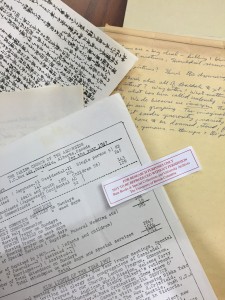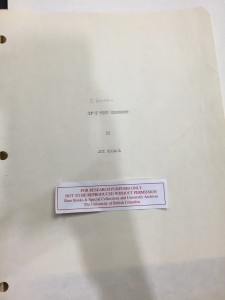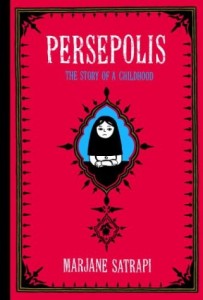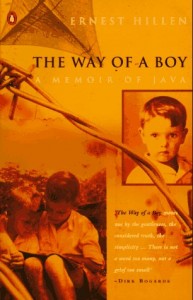Hi there fellow bloggers and classmates!
I cannot believe that this is going to be my very last blog post for this school year. “Why are we blogging? this is a very weird assignment especially when you are in an English lit class in this prestigious university”, those were the exact words that was in my mind when Dr. Luger told the class that blogging is going to be one of our assignments for the year. But it turned out that this is more than just a normal blogging, this is where you can share your ideas for the whole class to read and another way to share your thoughts when you are too afraid to share it during class time. This by far is my favorite assignment from ASTU.
Talking about ASTU, at first when I signed up for the CAP program, I already had some ideas about the classes I’m taking except for ASTU, I had no idea what art studies class is going to be like, I did not know what makes art studies and the usual English class different. After a month or two passed by, I already got the idea that this class is totally different than the English class I had in high school, take, for example, my English teacher used to say that we can’t use “I” in our essay, whereas in ASTU, Dr. Luger encouraged us to use the discursive “I” to make our paper more scholarly. After a year taking ASTU, I can say that I have really improved my writing skill, I remember during jump start I went to this essay writing seminar because I had no clue how to write essays in university and what do they expect from me.
In ASTU, I also learned some new interesting concepts such as forgetting, cultural memory, technology of memory and so on. My favorite concept is “forgetting”, if you ask me in the beginning of the year the definition of “forgetting” I would probably simply just answer the the act of not remembering, but now, I’ll say that forgetting is more than just not to remember but we can also can equate the term “forgetting” with “delete” since “forgetting” means, selecting what to remember or delete and what not in order to move on from the past.
We also got the chance to read some amazing novels, poems, graphic narratives, etc. My favorite literary text was Extremely Loud & Incredibly Close. My biggest fear is losing my love ones and I would do anything to be able to redo it if something bad happens to them, and that is why I can relate to the book especially the character Oskar Schell.
I think that is basically a recap of my experience in ASTU class and I’m going to end this very last blog post here. If you have any comments or questions, don’t hesitate to comment down below.
Goodbye,
Inneke S




